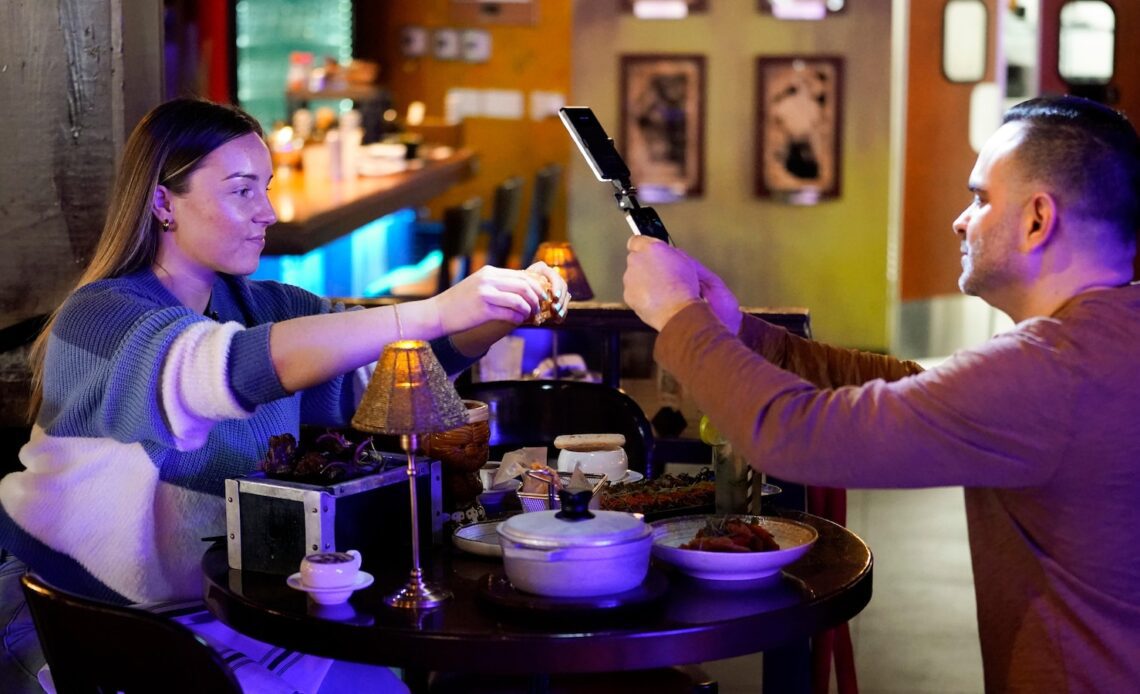Alex Pearlman shut the door on dreams of a standup comedy career almost a decade ago, pivoting from the stage to an office cubicle where he worked a customer service job.
Then he started posting random jokes and commentary about pop culture and politics on TikTok. Just over 2.5 million followers later, he quit his nine-to-five and recently booked his first nationwide tour.
Pearlman is among the many TikTok creators across the U.S. outraged over a bipartisan bill passed by the House of Representatives on Wednesday that would lead to a nationwide ban of the popular video app if its China-based owner, ByteDance, doesn’t sell its stake. The bill still needs to go through the Senate, where its prospects are unclear.
Content creators say a ban would hurt countless people and businesses that rely on TikTok for a significant portion of their income, while also arguing TikTok has become an unrivaled platform for dialogue and community.
Pearlman, who lives outside Philadelphia, said TikTok has transformed his life, allowing him to live a dream, provide for his family and spend the first three months of his newborn son’s life at home. His customer service job only offered paternity leave equivalent to three weeks off, with two weeks paid.
“I don’t take a day for granted on this app, because it’s been so shocking,” said Pearlman, 39. “In reality, TikTok has been the driver of American social media for the last four years. Something will step into that place if TikTok vanishes tomorrow. Whether or not that will be better or worse, Congress has no way of knowing.”
TikTok, which launched in 2016, has skyrocketed in popularity, growing faster than Instagram, YouTube or Facebook. The push to remove the app from Chinese authority follows concerns from lawmakers, law enforcement and intelligence officials about the insecurity of user data, potential suppression of content unfavorable to the Chinese government and the possibility that the platform could boost pro-Beijing propaganda, all of which TikTok denies.
To date, the U.S. government hasn’t provided any evidence showing TikTok shared U.S. user data with Chinese authorities.
The move comes as the pandemic saw huge growth in digital marketing as people were stuck at home consuming — and creating — content at levels not seen before.
Jensen Savannah, a 29-year-old from Charlotte, began making TikToks of her travels around the Carolinas during the pandemic. Now a full-time influencer, she has tripled her income…
Click Here to Read the Full Original Article at ABC News: Business…

